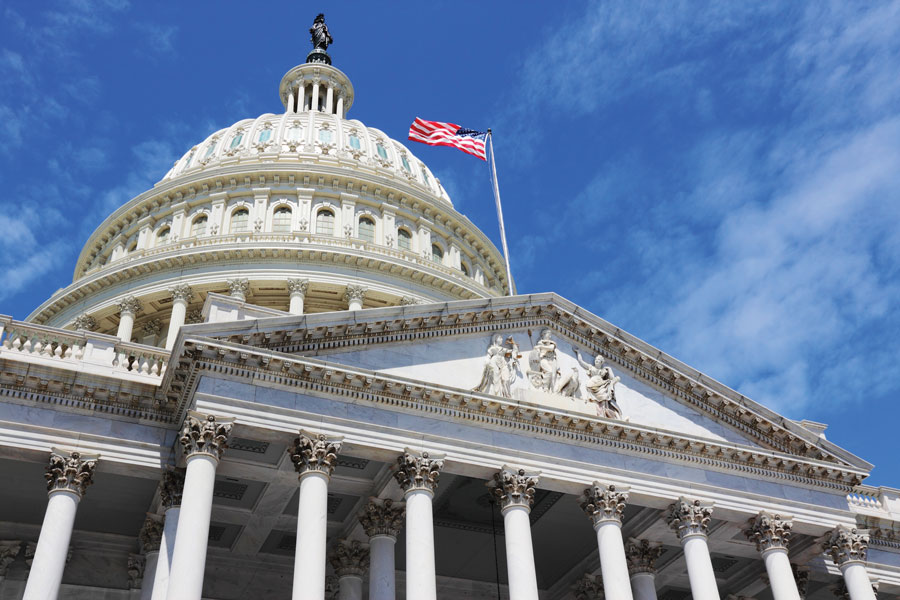The House of Representatives gave overwhelming bipartisan approval Tuesday to legislation that included bills to reform investment adviser regulation, expand the pool of sophisticated investors and protect senior investors.
The measures were part of a
package of 32 bills — the JOBS and Investor Confidence Act — designed to ease regulations on small businesses and increase investment in startup firms. It passed by a vote of 406-4.
One of the bills, the
Investment Adviser Regulatory Flexibility Improvement Act, was approved by
voice vote last week in the financial committee. It would require the Securities and Exchange Commission to change the way it defines a "small business," resulting in the agency including more small advisory firms in the category as it assesses the impact of its regulations.
Another bill, the
Fair Investment Opportunities for Professional Experts Act, would expand the pool of sophisticated investors who can participate in private securities offerings by including those who have the education and job experience to assess investment risks. This bill, approved by a voice vote in the House in November, would add the criteria to the income and net worth thresholds of the accredited investor definition.
A third bill, the
National Senior Investor Initiative Act, would require the SEC to create an interagency task force on financial exploitation of the elderly.
The package "helps small businesses grow by encouraging capital formation, and requires the Securities and Exchange Commission to consider unique issues facing rural small businesses and small investment advisers," Rep. Maxine Waters, D-Calif., ranking member of the House Financial Services Committee, said during the floor debate.
Actually, it wasn't so much a debate as an unusually friendly discussion in a chamber best known for partisan battles. Ms. Waters and Rep. Jeb Hensarling, R-Tex., chairman of the financial committee, praised each other for being good partners.
"This bill is an example of true bipartisanship," Ms. Waters said. "There are many onlookers who thought this could never happen."
The bill that would adjust investment adviser regulation is an example of a Democrat, author Rep. Gwen Moore of Wisconsin, and a Republican, co-spsonsor
Rep. Bill Huizenga of Michigan, working together.
"It certainly evidences what can be done when there is bipartisanship, and it's just good policy," said Neil Simon, vice president of government relations at the Investment Adviser Association.
It's unclear how the legislation — dubbed JOBS 3.0 — will fare in the Senate, where Senate Banking chairman Mike Crapo, R-Idaho, has favored moving measures that have strong bipartisan support.
"Chairman Hensarling has some sort of commitment that a bill like this one would gain some kind of consideration [in the Senate]," Mr. Simon said. "But, at the same time, the number of legislative days are dwindling, and the Senate has a number of must-do items on its agenda."







